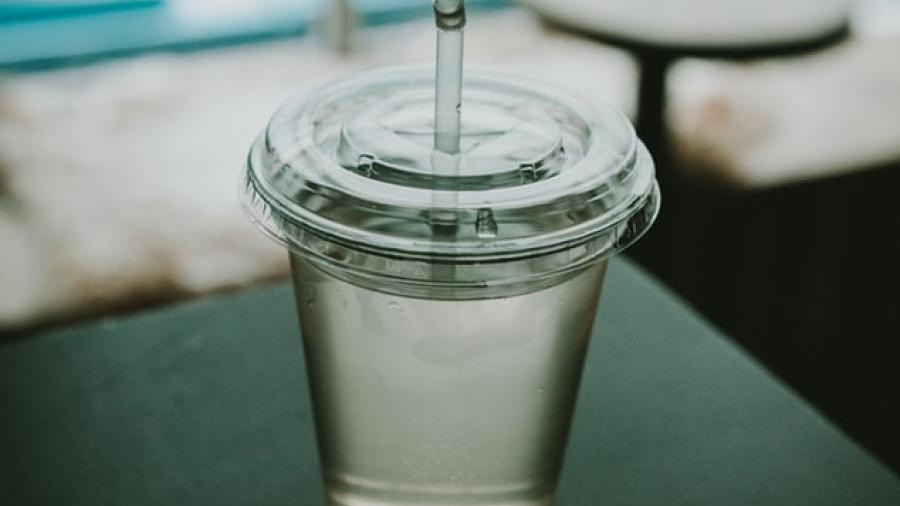
Introduction
On 12 June 2019, a new directive was published that aims to help protect land and marine environments, as well as human health. Directive (EU) 2019/904 on the reduction of the impact of certain plastic products on the environment (the Directive), introduces measures to prevent and reduce the impact of certain plastic products, and promote transition to a circular economy. EU Member States have until 3 July 2021 to implement the Directive.
Single-Use Plastic Products - Alternatives
The Directive builds on the EU's existing waste legislation but goes further. It sets stricter rules for those types of products and packaging which are among the top ten most frequently found items, polluting European beaches. The new rules ban the use of certain 'single-use plastic products' for which alternatives exist.
Single-Use Plastic Products – No Alternatives
For other types of products with no alternatives, the focus is on:
- limiting their use through a reduction in consumption;
- design and product marking requirements to inform consumers on the environmental impact of the products and how to dispose of them properly;
- having producers contribute to waste management / clean-up.
The Directive also calls on the European Commission to issue further guidelines by 3 July 2020, including examples of what is to be considered a 'single-use plastic product'.
Implications for the Irish food, beverage and hospitality industry
Once implemented in Ireland, the Directive will have far reaching implications for the Irish food, beverage and hospitality industry. For example:
- Under the new rules, single-use plastic plates, cutlery, straws, balloon sticks and cotton buds will be banned by 2021. Straws for certain medical use will be exempted.
- Single-use food and beverage containers and cups for beverages, made of expanded polystyrene, will also be banned from 2021.
- Member States must implement national consumption reduction measures for certain plastic food containers and plastic cups.
- From 3 July 2024, single-use plastic beverage containers that have caps and lids made of plastic, and a capacity of up to three litres, must have fitted caps and lids that remain attached (the reason being that these are some of the most frequently found plastic products in beach clean-ups). Caps and lids of metal and glass beverage containers are not covered by the Directive as they are not among the most littered plastic items, although this may be revisited down the line.
- The European Commission must mandate the European standardisation bodies to develop harmonised standards for the new attached bottle cap requirement and for ensuring the strength, reliability and safety of average container closures, including for carbonated drinks.
- From 2025, beverage bottles with a capacity of up to three litres manufactured from Polyethylene Terephthalate as the major component (PET bottles), must contain at least 25% recycled plastic, calculated as an average for all PET bottles placed on the market of the territory of the relevant Member State. From 2030, that requirement will increase to 30%.
- Member States must introduce rules requiring producers of plastic bottles, containers used for take-away food and other single use products, to contribute to awareness raising, clean-up, collection and waste treatment, in line with the EU's 'polluter pays' principle.
- There will be a 90% separate collection target (for recycling) for plastic bottles by 2029, with an intermediate target of 77% by 2025.
- The Directive suggests that Member States can set up deposit-refund schemes, or separate collection targets for relevant 'extended producer responsibility' schemes.
- Manufacturers of food and beverage products, as well as all businesses serving food and beverages, will have to quickly adapt their systems and processes to comply with these new rules and requirements. Doing so is also likely to have significant cost implications.
Penalties
It is not yet known what level of penalties will apply for breaches of the legislation implementing the Directive in Ireland. However, the Directive requires Member States to lay down a regime of fines and penalties in national legislation which will be "effective, proportionate and dissuasive".

